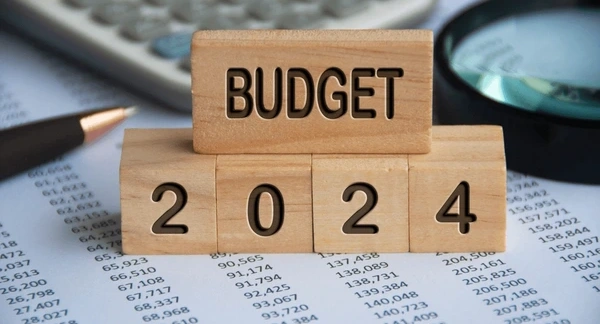







Worldwide Disclosure UK is a programme launched by HM Revenue and Customs (HMRC) aimed at encouraging UK taxpayers to come clean about any tax liabilities they may have in relation to offshore income and assets. This programme gives taxpayers the opportunity to voluntarily disclose any income or assets they have…

As cryptocurrency becomes more mainstream, governments across the globe have been grappling with how to tax cryptocurrencies. The United Kingdom is no exception, and HM Revenue and Customs (HMRC) issued specific guidance on the taxation of cryptocurrencies in December 2019. Under UK tax law, cryptocurrencies are treated as property rather…

Remittance Basis Charge (RBC) is a tax applied by the UK government on non-domiciled individuals who choose to be taxed on the remittance basis. Non-domiciled individuals are those who are not considered permanent residents of the UK for tax purposes, but instead are residents in the UK for a temporary…

A discretionary trust is a type of trust where the trustee has discretion over how, when, and to whom the trust assets will be distributed. Unlike other types of trusts, such as fixed trusts or life interest trusts, where the beneficiaries have a guaranteed entitlement to a specific share of…



